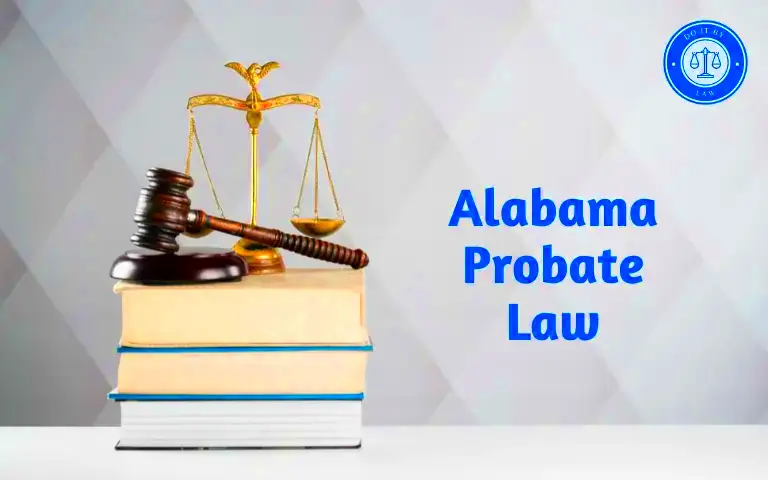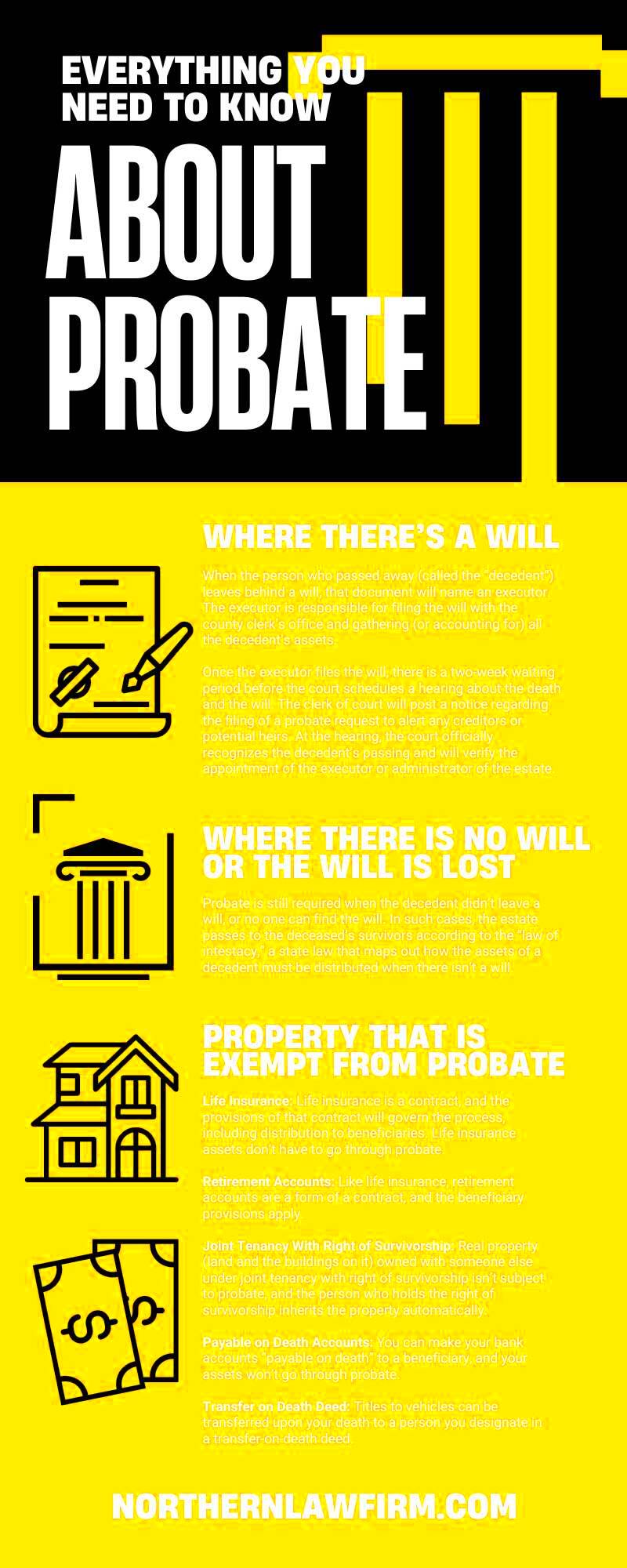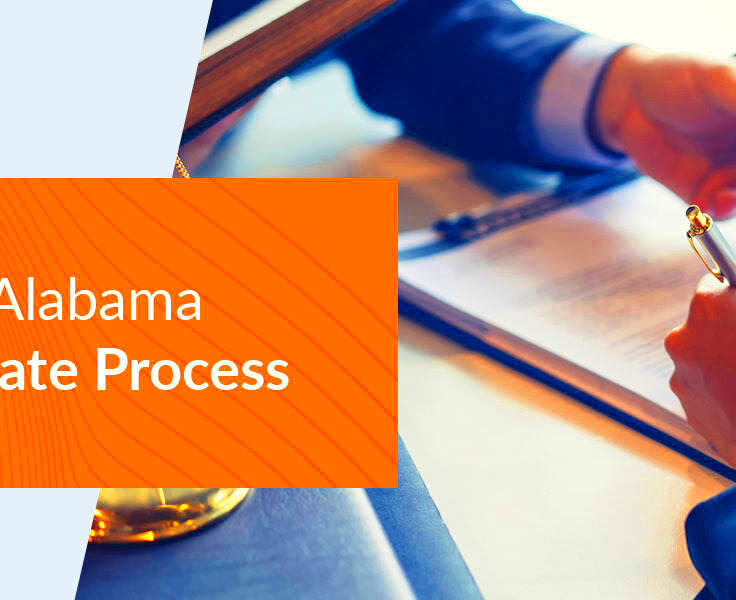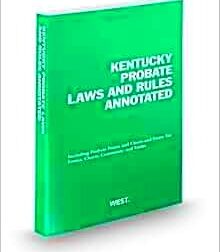What You Need to Know About Alabama Probate Law
After one dies, Alabama’s probate law manage the way property is handled by individuals. It guarantees the payment of debts and distribution of wealth is done according to the will or state law. This may be a tedious process, but mastering the basics may alleviate some pressures. At times, it is hard to understand what entails probate as it is normally handled through court in Alabama and it also includes different stages to wind up an estate.
Understanding the Probate Process in Alabama

In Alabama, there’re generally numerous main procedures involved with the probate process:
- Filing the Will: If the deceased left a will, it must be filed with the probate court.
- Appointing an Executor: The court will appoint an executor to manage the estate. If no executor is named, the court will choose one.
- Inventorying Assets: The executor will take stock of the deceased’s assets, which may include real estate, bank accounts, and personal belongings.
- Paying Debts: The estate must pay any outstanding debts before assets can be distributed.
- Distributing Assets: Once debts are settled, the remaining assets will be distributed according to the will or state law.
Sometimes it takes years and some others months, depending upon complexity of the estate. A smooth process necessitates that all legal requirements are kept in mind.
Types of Probate Administration

Two types of probate management primarily exist in Alabama:
- Testate Probate: This occurs when the deceased has a valid will. The probate court oversees the distribution of assets according to the will’s terms.
- Intestate Probate: This happens when there is no valid will. In this case, the estate is distributed according to Alabama’s intestacy laws, which dictate how assets are divided among heirs.
In some cases, however, less complicated procedures exist.
- Small Estate Affidavit: If the estate’s value is below a certain threshold, heirs may use a simplified process to claim assets without going through full probate.
- Summary Probate: This expedited process can be used for estates that meet specific criteria, allowing for quicker resolution.
Getting the most suitable administrative type is important for ease in running probate.
Key Documents Needed for Probate

Right before starting the probate process in Alabama, having the appropriate documents is very important. These documents enable people to know what the deceased wanted and have a good view of what he owned and his debts. This is because such documents give a clear understanding of individuals’ intentions over their estates. Here are some of them:
- The Will: This is the most important document. It outlines how the deceased wanted their assets distributed. If there is no will, the estate will follow state intestacy laws.
- Death Certificate: This official document confirms the individual’s passing and is necessary for various legal and financial tasks.
- Inventory of Assets: A detailed list of all the deceased’s assets, including real estate, bank accounts, and personal belongings. This helps in assessing the estate’s value.
- List of Debts: Document any outstanding debts or obligations. This will help the executor pay off debts before distributing assets.
- Executor Appointment Document: If the deceased named an executor in their will, this document proves their authority to act on behalf of the estate.
If you acquire these documents beforehand, this can aid in the acceleration of the probate procedure and guarantee that you possess all essentials required before the court.
Timeframe for the Probate Process
In the state of Alabama, the length of time for probate may greatly differ in relation to certain variables which include the intricacy of the estate, existence of any disagreements or conflicts between heirs, and also the swiftness with which papers are lodged. Typically, an approximate timeframe would look like this:
| Step | Estimated Time |
|---|---|
| Filing the Will and Initial Court Hearing | 1-2 weeks |
| Inventory and Appraisal of Assets | 1-3 months |
| Paying Debts and Taxes | 3-12 months |
| Final Distribution of Assets | 1-6 months |
The probate process can vary from just a few months to several years in total. You can make sure it goes smoothly by keeping organized and constantly communicating with your lawyer.
Common Challenges in Probate Cases
This can be cumbersome, and different hurdles may occur throughout it. They may include:
- Disputes Among Heirs: Family disagreements over the distribution of assets can lead to lengthy legal battles, causing delays in the process.
- Missing Documents: Lack of essential documents, such as the will or asset inventories, can hinder progress and create confusion.
- Debt Complications: If the estate has significant debts, it can complicate the distribution of assets and prolong the process.
- Tax Issues: Estate taxes and inheritance taxes can create additional burdens, requiring careful planning and management.
- Executor Misconduct: If the appointed executor fails to fulfill their duties or acts against the best interest of the estate, it may lead to legal challenges.
Comprehension of these likely hardships can facilitate your movement through the probate procedure with greater proficiency and also require assistance when necessary.
Hiring a Probate Attorney
A professional probate attorney can be of great help in understanding the technicalities involved in Alabama’s complicated probate law. It’s possible to manage probate without legal representation, but having an attorney helps ensure that all processes run smoothly. Below are some points why you should hire a probate attorney:
- Expert Guidance: A probate attorney understands the legal requirements and can guide you through each step of the process, from filing the will to distributing assets.
- Avoiding Mistakes: The probate process involves many legal documents and deadlines. An attorney can help you avoid costly mistakes that could delay the process.
- Dispute Resolution: If disputes arise among heirs, a probate attorney can assist in resolving conflicts and representing your interests in court if necessary.
- Managing Complex Estates: If the estate is large or complicated, an attorney can help with valuation, tax implications, and other intricacies.
- Peace of Mind: Knowing that an experienced professional is handling the probate process can relieve stress during a difficult time.
Experience, reputation, and cost are all important factors to consider when selecting a probate lawyer. Also important is meeting up with a few lawyers since this will help you get the right one for your needs and who you feel at ease with.
Frequently Asked Questions about Alabama Probate Law
Thesis about Alabama’s probate process are many because people want answers. Here are some frequently asked questions:
- How long does probate take? The timeline varies, but it typically ranges from a few months to over a year, depending on the estate’s complexity.
- What if there is no will? If a person dies without a will, their estate will follow Alabama’s intestacy laws for distribution, which may not align with what the deceased would have wanted.
- Can I contest a will? Yes, but you must have valid grounds, such as lack of capacity, undue influence, or improper execution.
- What happens to debts after death? Debts must be paid from the estate before any assets are distributed to heirs. If the estate does not have enough assets, some debts may go unpaid.
- Do I need a probate attorney? While not legally required, hiring an attorney can simplify the process and help avoid potential issues.
Conclusion
Probate law in Alabama is something you must know so that you may deal with a deceased fellow’s estate. This procedure can be complicated and take a long time, but it is easier if one knows what to expect. With required documents ready, aware of the timelines and with a probate attorney in mind, the process can run smoothly. Always bear in mind that there could be some challenges; still when equipped with right facts and assistance, it would be possible to ensure that deceased’s desires are fulfilled and estates settled rightly. If you feel lost, ask for assistance; never walk alone!

